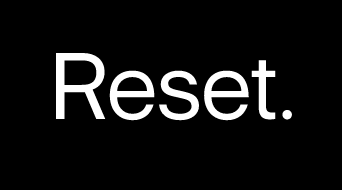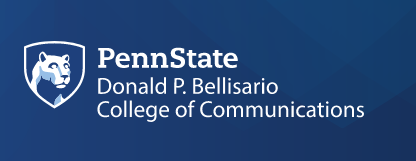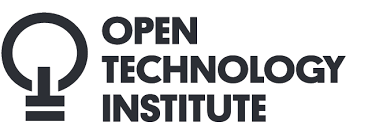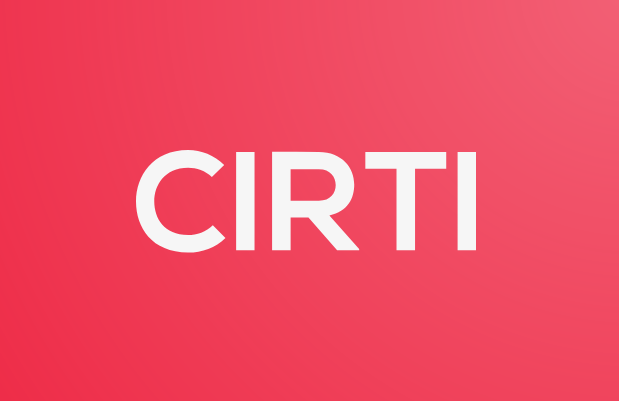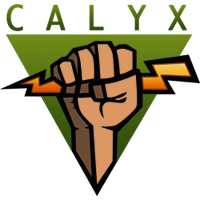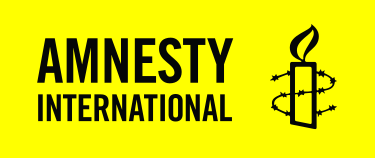“The X-Lab is a non-profit research institution leading national and international efforts to increase digital equity and inclusion. We map, engineer, research, analyze, and evaluate.”
Broadband Mapping
X-Lab provides fast, accurate broadband mapping and GIS for broadband needs assessments, geospatial and infrastructure assessments, engineering and deployment planning, and funding and grant writing.
We’re the first step for anyone working on state, regional, municipal, tribal, rural, or community broadband deployments.
We work with federal and state elected officials, tribal and municipal leaders, community organizations, universities, libraries, and business.
Our mapping tools are unique to the industry in their speed, their accuracy, and their granular capabilities. Our tools overlay measurements of broadband speed and latency with Census data, demonstrating geographic and demographic differentials in access and service. This capability is critical for strategic targeting on underserved areas.
Broadband Affordability
When we tackle the problem of digital equity and adoption, we also have to look at issues of affordability. Research shows that in areas where broadband infrastructure exists, the largest barrier to adoption is price.
The X-Lab team frequently works on efforts to collect and analyze broadband pricing to facilitate digital equity and adoption.
Our team developed the first Broadband Nutrition Label in 2009 to standardize consumer disclosures by ISPs, including pricing for common services.
We partnered with Consumer Reports and dozens of other public interest groups on the Broadband Together Initiative, one of the first scaled data collection efforts of household broadband bills, to determine what consumers are actually paying. Through the project, we have identified massive discrepancies in pricing, including differentiated pricing of the same service in the same neighborhood by up to 40%.
Current research projects include analyzing pricing data in Indian Country, and setting up methodologies for pricing analysis of the Affordable Connectivity Program (ACP) and Broadband Nutrition Label data.
Community Networking
Our team are pioneers in the community broadband sector and have been building networks for twenty-five years. We have built community wireless projects across North America, South America, Africa, and Asia.
We are past founders of Commotion Wireless, a decentralized mesh wireless “internet-in-a-suitcase” project, distributing a kit of off-the-shelf routers and antennas, and step-by-step instructions for local activists on how to set up a wireless mesh network using open source code. Commotion Wireless was deployed in test projects in Detroit and Red Hook, NewYork, where it became a critical part of the FEMA emergency response after Hurricane Sandy.
Evaluating Digital Equity Projects
We frequently serve as an evaluator on digital equity and connectivity projects, and are deeply experienced in evaluating digital equity proposals and project outcomes, including in Tribal, rural, and geographically-challenging areas.
Our evaluation work seeks to measure both qualitative and quantitative impacts on community members.
Our normal evaluation work includes:
- Ensuring that program measurement and evaluation is integrated into the program design;
- Facilitating documentation and data collection (both baseline and ongoing);
- Analyzing data and documentation for internal assessment, planning, and reporting;
- Qualitative and quantitative analysis on the measurable impact of project activities;
- Annual evaluation report to partners and stakeholders.
Our team has previously evaluated projects in major cities like Philadelphia, Detroit, and New York City, across Indian Country, and internationally in Tunisia, Turkey, Syria, Dharamshala, South Africa, Ghana, and more.
Digital Privacy and Surveillance
Even as we fight to increase access and connectivity to everyone, we must address the harmful side effects — an increase in digital surveillance and threats to privacy.
Our team are experts in circumvention tools, and helped create the largest funder of open source circumvention technology on the planet, the Open Technology Fund. We engage in bipartisan work with Congress and D.C. policy-makers through the Civil Liberties Coalition and the Fourth Amendment Caucus to fight against the dangers of an ever-expanding network of AI surveillance and data-mining.
Democracy initiatives
Our team has consulted extensively with U.S. and global leaders on election security, and have supported pro-democracy movements abroad with our expertise in circumvention technologies.
We were an early leader in internet and communications technologies for development.
How We Can Help You
Anyone working on improving connectivity in their community — from identifying underserved areas to designing network architecture — will have to begin with accurate broadband maps.
X-Lab produces fast, accurate mapping and analysis of regions and municipalities. Our unique ability to merge broadband data and Census data allows us to provide an analysis that takes into account not just underserved areas, but the demographics and geography of those underserved areas
For clients applying for federal, state, or private grants, or working with the FCC, NTIA, or USDA, we can provide the data you will need to support your funding and planning initiatives.
For legislators and policymakers who seek to understand the true state of broadband in their community, or to identify areas to prioritize for increased access, X-Lab can provide a strategic broadband analysis that takes into account both geography and demographics.
For local ISPs and consultants working to improve infrastructure and network architecture, our maps can point towards weak or vulnerable areas of coverage.
For researchers and community advocates, our maps can tell a “before-and-after” story about how local connectivity improved with investment.
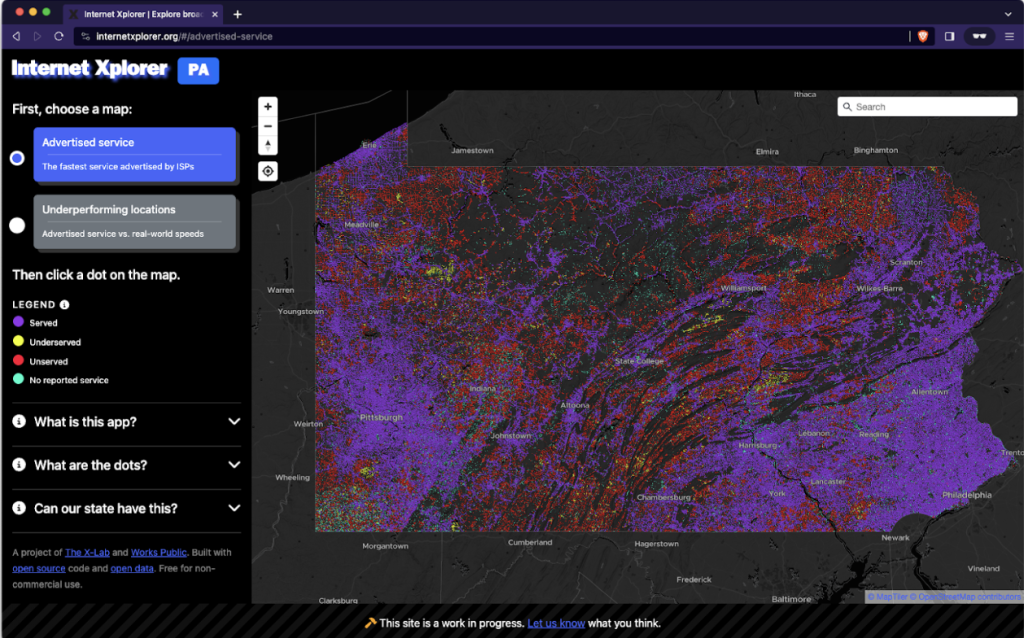
Our Values
X-Lab is a strong supporter of efforts to close the digital divide and achieve universal, affordable baseline connectivity. We are fervent supporters of and participants in the open source, open standards and open data movements. All of our work follows these principles and we strive to make our research available and understandable to everyone.
More About Our Mapping
Across the country, government agencies, including the FCC and NTIA, state governments, and countless local and regional entities leverage the platforms and methodologies pioneered by X-Lab on a daily basis.
Our broadband mapping platforms are built on open-technology stacks and open access data. They are cutting-edge spatial tools and visualization platforms that are powerful enough for federal agencies and state broadband offices to use in their executive decision-making, yet intuitive enough for constituents to look at and understand them at the household level.
Since 2006, X-Lab’s team has developed many of the methods and technologies that have become de facto standards in the broadband mapping industry.
The X-Lab Consortium consists of broadband mapping and digital equity experts from: Penn State University (including the Pioneers Chair in Telecommunications, and the Palmer Chair in Telecommunications), Washington State University (Assistant Director of Digital Equity and Broadband Programs), the Institute for Local Self-Reliance (Senior GIS Analyst for the Community Broadband Networks initiative), the University of Chicago (Director of the Internet Equity Initiative), as well as industry partners.
Partners
Talk to us
Learn more about what we do, how we can work together, and how you can employ our services.



